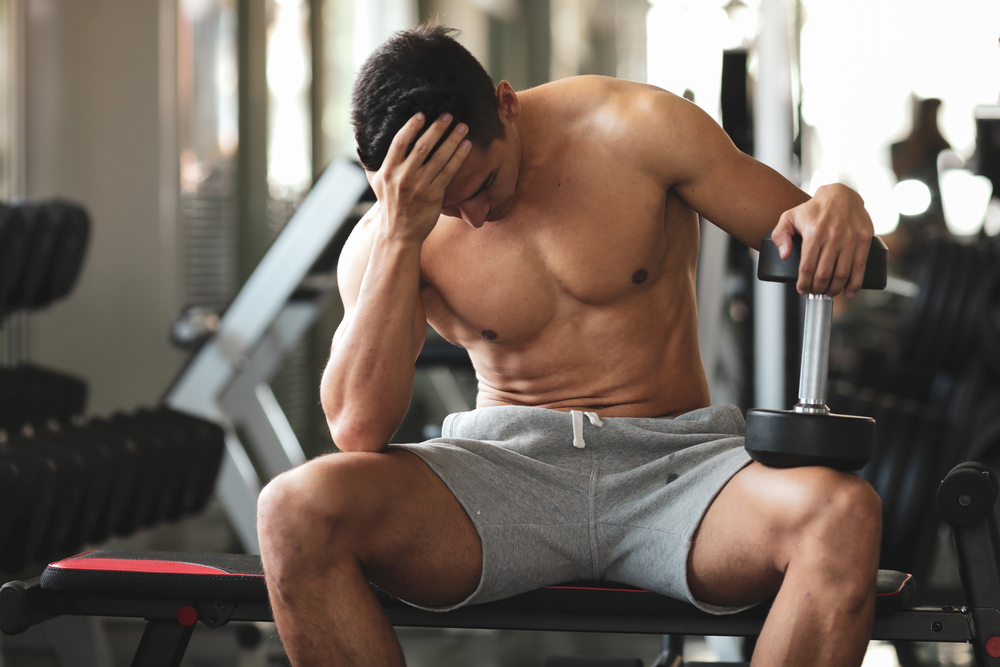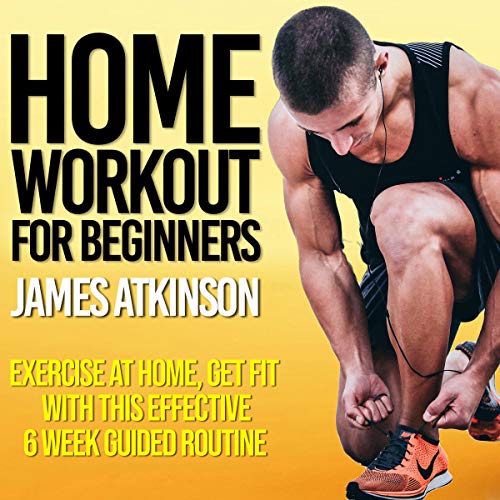Introduction
How do you think athletes are able to remain in top peak physical condition? Happy Hip Flexors: 2 thoughts on how to train like an athlete with good posture. That is a lifestyle, commitment to quality that takes hard work and proper mindset on both physical & mental fitness. Whether you are aspiring for athlete or just want to improve your fitness performance, the knowledge of principles of athletic training can provide a big difference in reaching what it is that you desireissentia
This article covers what it means to train like an athlete from all angles. There are many aspects to consider, from getting in the right headspace to sticking with a workout plan and even how you should be eating like an athlete. Along the way we will also be dealing with some common mistakes, giving you tools to maintain motivation and answering many of those frequently asked questions around athletic preparation. Let’s get started!
1. The Mindset of an Athlete
We have not even started to discuss the actual « work » or training and this is all about what goes on in our minds so here we go. Sports are 90% mental, and only about 10% physical as much of the athletes would say.
1.1 Setting Clear Goals
No athlete trains just to be training. Whether it’s winning a championship, setting a personal record or becoming better at [whatever your sport is], you must have clear goals if indeed want to achieve greatness. Record your goals, including them into small-scale targets and follow the progression.
1.2 Discipline > Motivation —
Discipline is what athletes have when motivation wears thin. The days you dont train because u dont feel like it is where the good are separated from the great. Create a schedule and stick to it, then this will become second nature in no time
1.3 Change Principle: The Power of Visualisation
Many of the worlds top athletes use visualization as an input. This means picturing yourself gracefully nailing that game-winner or crossing the finish line at mile ten. It is a mental rehearsal to get your mind and body ready for the real performance.
2. In this article, we are going to discuss about how you can train your body all over for strength, speed and endurance.
For decades the term « training like an athlete » signifies more holistic, incorporating various components of fitness such as strength power and endurance. Each of these components are essential for athletic performance.
2.1 Strength Training
Compound Movements: Look for exercises that work multiple muscle groups simultaneously such as squats, deadlifts and bench presses. Functional strength conducive to sport performance is developed through these exercises.
Progressive Overload — Make sure you are progressively overloading your muscles and gradually increasing the weight or resistance in each workout. This is a very important aspect and principle for muscle gain as this is how muscles are being build over time (progressive overload).
2.1 Speed and Agility Training
Plyometrics – include such exercises as box jumps, sprint drills and ladder drills into your regimen. Plyometrics Punch up Your Explosive Power, Which is Vital for Sports Requiring Quick Acceleration
Sprint Intervals : Work in 30-60 second sprints followed by recovery period. Faster runs not only boost speed but improve your running strength and cardiac endurance.
2.3 Endurance Training
Long-Distance Runs: Slow or steady state cardio such as long distance running, cycling or swimming to build your aerobic capacity. Endurance training, is crucial for athletes that perform over longer durations.
These are all forms of HIIT (High-Intensity Interval Training):is a workout that alternates between short bursts of intense exercise and periods of less-intense training. This way it helps you in improving your stamina as well burning some fat and building body mass.
3. Unsung Recovery and Rest Heroes
With those who do not work out, the hugest error they make is non-recovery. Now, the truth is that recovery IS where magic happens. This is when your muscles restore,build and grow stronger from the previous workout to be able take on another one next day.
3.1 The Importance of Sleep
Adequate Sleep for Athletic Performance Objective 8 hours of sleep/night, in practice this is about 7-9 hours Your body releases growth hormones when you sleep and these are important for muscle repair as well overall health.
3.2 Active Recovery
Take active recovery days Low-impact activities that increase blood circulation to your muscles like slow jogging, swimming or yoga.
3.3 Stretching & Flexibility
Flexibility allows effortless movement and helps to reduce the risk of injury. Routine stretching can maximize your training efforts due to increases in overall performance, as well as improve flexibility Incorporate a combination of static stretches (holding the stretch for about 20-30 seconds) and dynamic stretching (moving through range of motion).
3.4 Pocking: Massage and Foam Roller
What are some recovery tools to de-sore your muscles, increase blood flow and recover faster?Massage TherapyFoam Rolling So, think of incorporating these methods in your recovery protocols.
4. Nutrition: Fueling Like a Pro
Hopefully that is something all athletes already know because what you eat will directly affect your performance. The number one priority is to eat the right foods in proper quantities for what you are doing both training and recovery-wise.
4 Ingredients : Macronutrients, The Big Picture
Protein — Helps repair and build muscle. Chicken, fish and plant-based proteins (beans lentils)
Carbohydrates: The most important energy source for athletes. Use complex carbs (such as whole grains, fruits and vegetables) to help provide energy for you.
Healthy fats in nuts, seeds, avocados and olive oil They help in hormone production and health.
4.2 Timing Your Meals
Pre-Workout Nutrition — Have a meal containing carbs and protein 2–3 hours before your workout. And when it comes to your training, if you are pressed for time before heading out the door a banana or even protein shake 30 minutes pre workout will be enough fuel those muscles.
Post-Workout Nutrition: Eat an adequate protein and carbohydrate meal 30–60 minutes after training. This will initiate the recovery process.
4.3 Hydration
This is particularly essential during heavy training. Try to keep up your water consumption throughout the day, and think about using electrolyte-rich drinks if you’re doing endurance training for more than an hour.
5. Avoiding Common Pitfalls
With all of your good intentions in mind, that is still a very simple trap to fall into and it can sabotage you quicker than almost anything. Common Pitfalls to Avoid
5.1 Overtraining
Pushing yourself is important, but overtraining might result in burnout or injury. Pay attention to your body and take enough time of after powerful exercise.
6. Staying Motivated
Athlete training is not something you can do on a whim, it takes years of dedication, and motivation to train like one. But here are some methods to stay on track:
7. FAQs
A1: Train like an athlete as often as possible ?.
Q: That kind of varies based on your degree of fitness and precisely what you’re after? The effort to be the goal for 4-6 training days per week with no additional time off.
Q2) Why personal training to train like an athlete?
Q: Do I need a personal trainer to lose weight and build muscle? Although it may not be easy, when you put your mind to it and use the correct information and tools — training by yourself is achievable.
Q3: How much does diet matter in regards to training for a sport?
A: Diet is crucial. Good nutrition literally powers your workouts, helps in recovery and is vital for overall performance.
Q4: If I do not have access to a gym does that mean I cannot train like an athlete?
A: Absolutely. You can train your body like an athlete without doing so through a gym membership with body weight exercises, outdoor running drills and home work-out equipment.
(Q5) : If I do get to the point of injury what should my next steps be
Q And if you do get injured —Well, do not train and go see a healthcare professional32. Recovery is all about relaxation and proper treatment.
Conclusion
It is necessary to train just like an athlete and set it as a life-long journey which includes dedication, discipline and complete fitness approach. With the correct frame of mind, and work out routine as well nutrition you can peak at an athletic performance level to meet all your fitness needs. Keep in mind that will only happen with consistency, but if you can do this long enough and try hard enough the results of your effort WILL appear. So tie up those shoe laces, plan out your goals and train the way you were meant to be.





Laisser un commentaire